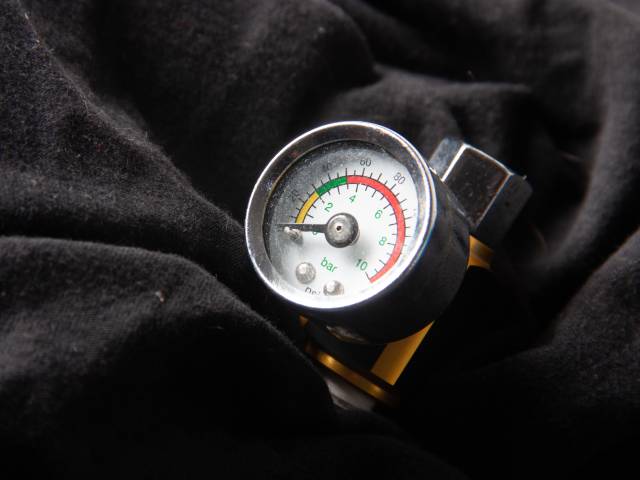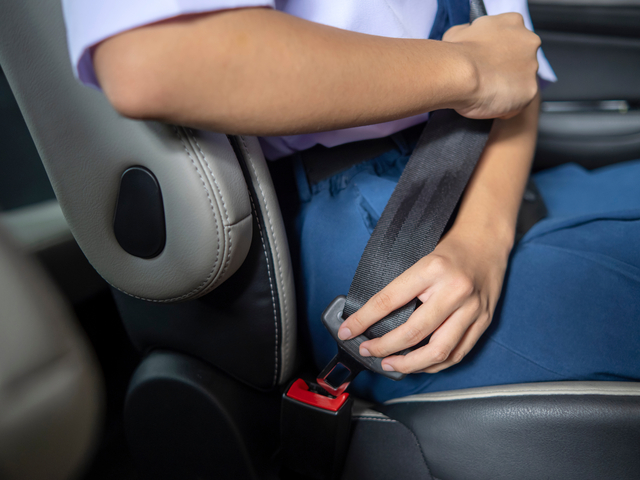

When you control your diabetes, your entire body benefits — including your kidneys. This pair of bean-shaped organs cleans your blood and does other important jobs.
But if you have diabetes that’s undiagnosed or uncontrolled, it can damage your kidneys over time without causing any symptoms. And that could lead to a serious problem: diabetic kidney disease. Your doctor may call it chronic kidney disease (CKD). About 1 in 3 adults with diabetes have this condition.
CKD gradually causes your kidneys to have trouble filtering waste and extra water from your blood. If it goes untreated, your kidneys may eventually fail, which means they lose most of their ability to work. You could need a kidney transplant or dialysis if that happens.
Diabetes is the top cause of chronic kidney disease and kidney failure. But you can take steps to lower your risk for those problems. Get to know the tests, treatments, and lifestyle changes that can help prevent kidney disease or keep it from progressing to kidney failure.
It takes many years for diabetes to damage the kidneys, says Sylvia Rosas, MD, a nephrologist and epidemiologist at the Joslin Diabetes Center and president-elect of the National Kidney Foundation.
But lots of people don’t realize they have type 2 diabetes for a long time, she says. So you could find out you have kidney disease shortly after you get diagnosed with diabetes.
If you don’t have diabetes now, be aware of the risks and symptoms. Screening, and an early diagnosis, could lower your odds for kidney damage.
Some common diabetes symptoms are:
The symptoms of CKD usually don’t show up until late in the course of the disease, Rosas says.
Kidney damage caused by uncontrolled diabetes can make you need to pee more often, as well as wake up at night to pee, she says. You’re also more likely to get urinary tract infections.
Other symptoms of kidney disease due to diabetes are:
Since other things can cause these symptoms and they usually don’t appear until kidney disease is advanced, it’s important to see your doctor for kidney tests.
Your doctor can spot signs of the disease with urine and blood tests.
They’ll test your urine for a protein called albumin. Higher levels of albumin are the earliest sign of diabetic kidney disease.
They’ll also measure how well your kidneys filter blood, using a blood test and a formula. A higher-than-normal level of a substance called creatinine could mean your kidneys are having trouble filtering waste.
Your doctor will check your blood pressure, too. Lots of people with diabetes get high blood pressure, which can also damage your kidneys.
Get tested for kidney disease at least once a year if you either have type 2 diabetes or have had type 1 diabetes for more than 5 years.
There’s no cure for diabetic kidney disease. The key to prevent it or keep it from getting worse is to get your diabetes under tight control and to use the right medications to help control both your blood sugar and blood pressure. So work closely with your primary doctor, diabetes specialist (endocrinologist), or kidney doctor (nephrologist).
To manage both your blood sugar and blood pressure:
Get the A1c test. This is a blood test your doctor gives you. It checks your average blood sugar level over the past 3 months. The higher your A1c number, the higher your blood sugar has been during that time.
The results of this test help your doctor figure out whether they need to change your diabetes treatment plan or help you improve your diet or activity levels.
Ask your doctor what your A1c goal number should be. For many people with diabetes, it’s under 7%. Also ask them how often you should get the A1c test. You should take it at least twice a year, and more often if your doctor changes your diabetes meds or if you have other health problems.
The A1c test is different than at-home blood sugar tests that let you check you sugar levels daily. Ask your doctor how many times you should check your levels each day to help you reach your A1c goal.
Keep your blood pressure in check. Your doctor will set a blood pressure goal for you. Most people with diabetes should have a goal of less than 140/90. Ask your doctor what your numbers should be.
If you need to lower your numbers, your doctor might prescribe meds. Drugs called ACE inhibitors and ARBs can cut blood pressure as well as help slow kidney damage. These medications aren’t safe if you’re pregnant.
Stick to your treatment plan. If your doctor prescribes drugs to help you control your blood sugar or blood pressure, take them exactly as prescribed.
Set up healthy habits. Lifestyle changes like these can improve your diabetes and your kidney health:
24World Media does not take any responsibility of the information you see on this page. The content this page contains is from independent third-party content provider. If you have any concerns regarding the content, please free to write us here: contact@24worldmedia.com

Why You Need To Improve Drainage on Your Property

Essential Tips To Shield Your Car Windows From Damage

Warehouse Optimization Tips To Improve Performance

How High-Humidity Climates Affect Pressure Gauges

How Is Global Health Improving Year After Year

Ways That You Can Make Your Land More Useful

Essential Materials Used in the Construction Industry

A Look Into 3 Aspects of Maintaining Wind Turbines

Key Factors To Know Before Using IoT Solutions

Avoiding Hazards: How Vehicle Manufacturers Keep People Safe